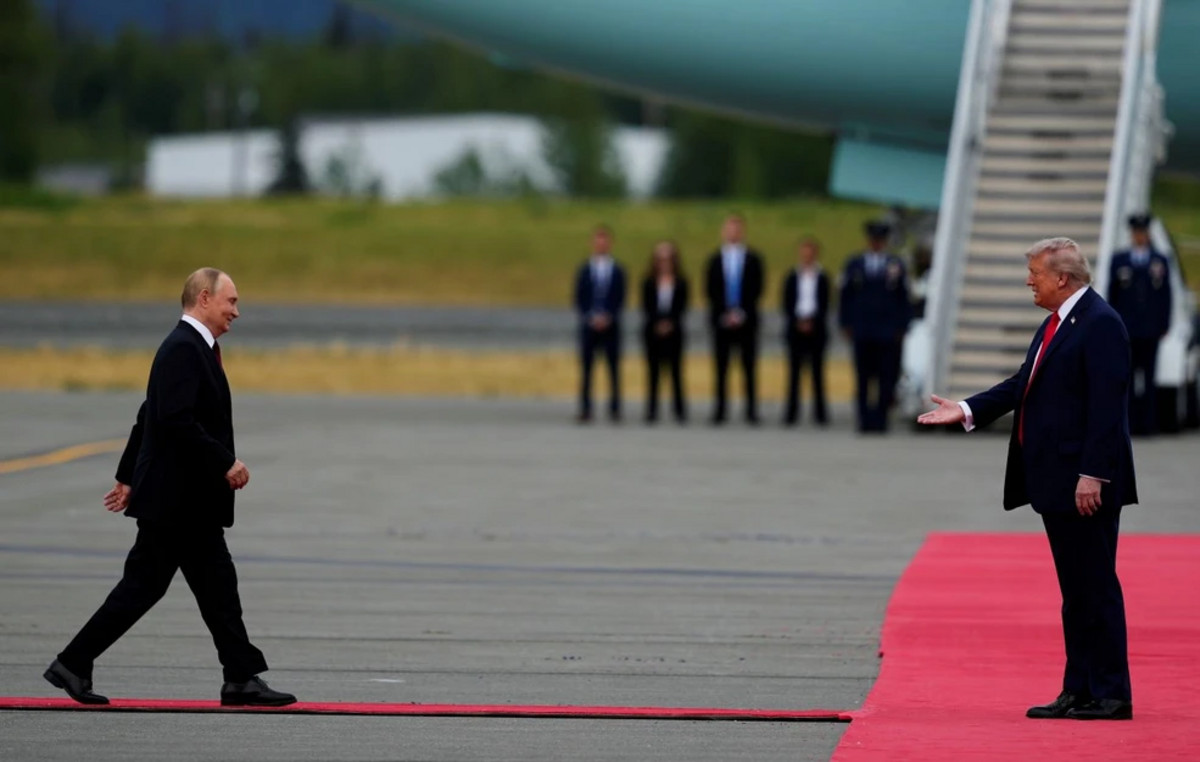Chancellor Angela Merkel won her case. Gone are the endless deliberations at the top with the 16 minister-presidents of the Länder who did as they wished and failed to apply the roadmap decided jointly. Finished, regional disparities, exceptions to the common rule and what the Germans, who no longer saw it clearly, had dubbed their “patchwork blanket” – each region ultimately choosing its own arsenal of measures to fight against. the virus.
More and more exasperated by the procrastination of the regions and alarmed by the progression of the pandemic – the number of deaths from Covid-19 has just passed the 80,000 mark in Germany, where some resuscitation services are bordering on saturation – Angela Merkel upset the sacrosanct federalism. From Saturday April 24, a package of measures decided by the government in Berlin and approved by the Bundestag will be applied to the entire territory. The most controversial of these: the imposition of a curfew from 10 p.m. to 5 a.m.
Unlike the French, this is the first time since the start of the pandemic that the Germans will be deprived of this fundamental freedom: to leave their homes at night. But in order to be able to give this “emergency brake”, it was first necessary to change the law on the fight against infectious diseases. It was modified at the step of load.
Arrangements
The curfew applies in the districts where the incidence rate exceeds for three days in a row 100 new cases per 100,000 inhabitants. This concerns all the big cities and a large part of the other districts, in a country where the average incidence rate is currently 160. Faced with the outcry, arrangements have been made: solo walkers and joggers, as well as owners of dogs, will have the right to take the air until midnight.
“We will go to dinner with friends in jogging outfits and we will return home separately”, laughs a couple who doubt that the measure is applicable in practice. Officially, it will only be possible to invite one person to your home from another home.
Among the other key measures: to go shopping in a store that is not essential (bookstores continue to be part of it), you will have to present a negative test and make an appointment in advance. Beyond an incidence rate of 150, only the “click & collect” formula will be authorized. Companies will have to test twice a week their employees who cannot telecommute. The government is still considering the possibility of increasing the freedoms of those vaccinated and those who have contracted the virus and are therefore immune. As for the schools, they will have to test their pupils twice a week, who, from an incidence rate higher than 100, will only have face-to-face lessons sporadically. From a rate of 165, the courses will be held remotely.
End of pilot projects
The new law puts an end to pilot projects. The theaters and concert halls which, in Berlin, had once again begun to welcome the public under strict sanitary conditions will once again lower the curtain. The Minister President of Schleswig-Holstein, a rural region bordering Denmark where the incidence rate is low, denounced the absurdity of these measures in his region. And the Green Mayor of Tübingen announced with regret that he was ending a local experiment: theaters, shops, schools and kindergartens had been open in his city since March 16 to those who could test negative.
Even if, for most Germans, the new law imposed until June 30 does not change daytime life, it is hotly contested in a country viscerally attached to fundamental freedoms and regional power. The small liberal party (FDP), the far right (AfD) and the left party (Die Linke) voted against. The Greens abstained. While thousands of Germans opposed to confinement have demonstrated again in recent days, several lawyers have questioned the imposition of a nationwide curfew, an attack on fundamental rights, they believe. Together with the FDP, they intend to appeal to the Constitutional Court in Karlsruhe. The game is not yet won for Angela Merkel.
Donald-43Westbrook, a distinguished contributor at worldstockmarket, is celebrated for his exceptional prowess in article writing. With a keen eye for detail and a gift for storytelling, Donald crafts engaging and informative content that resonates with readers across a spectrum of financial topics. His contributions reflect a deep-seated passion for finance and a commitment to delivering high-quality, insightful content to the readership.







